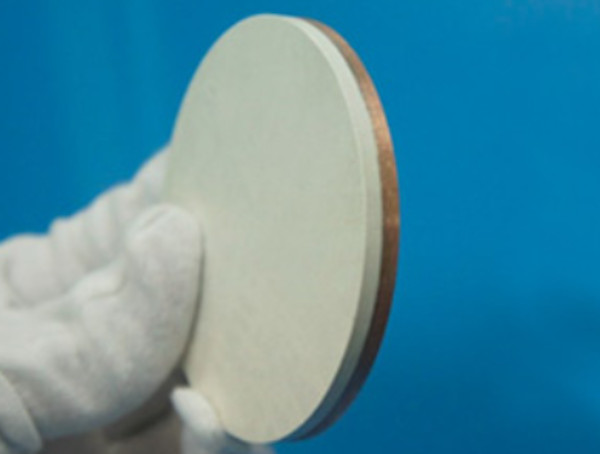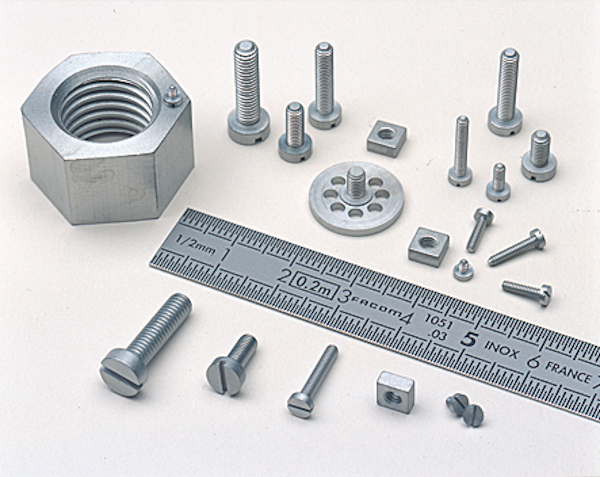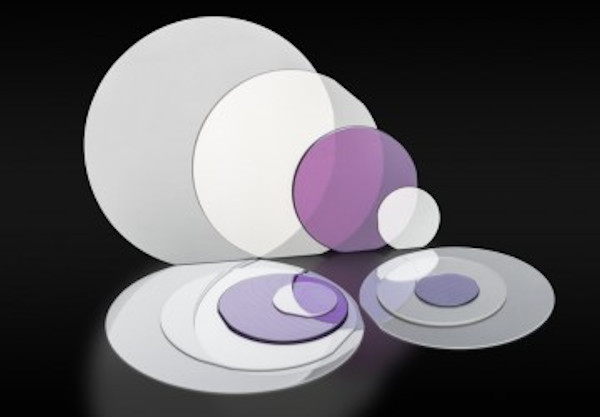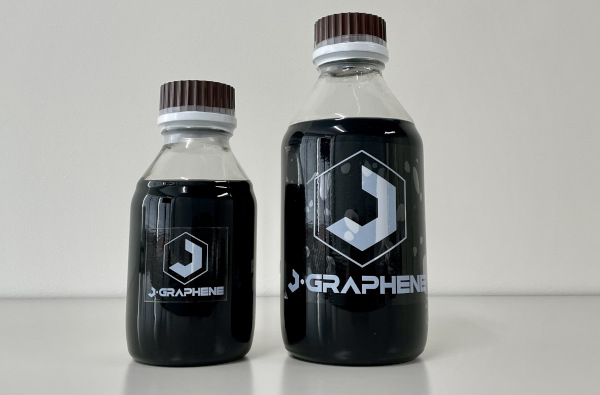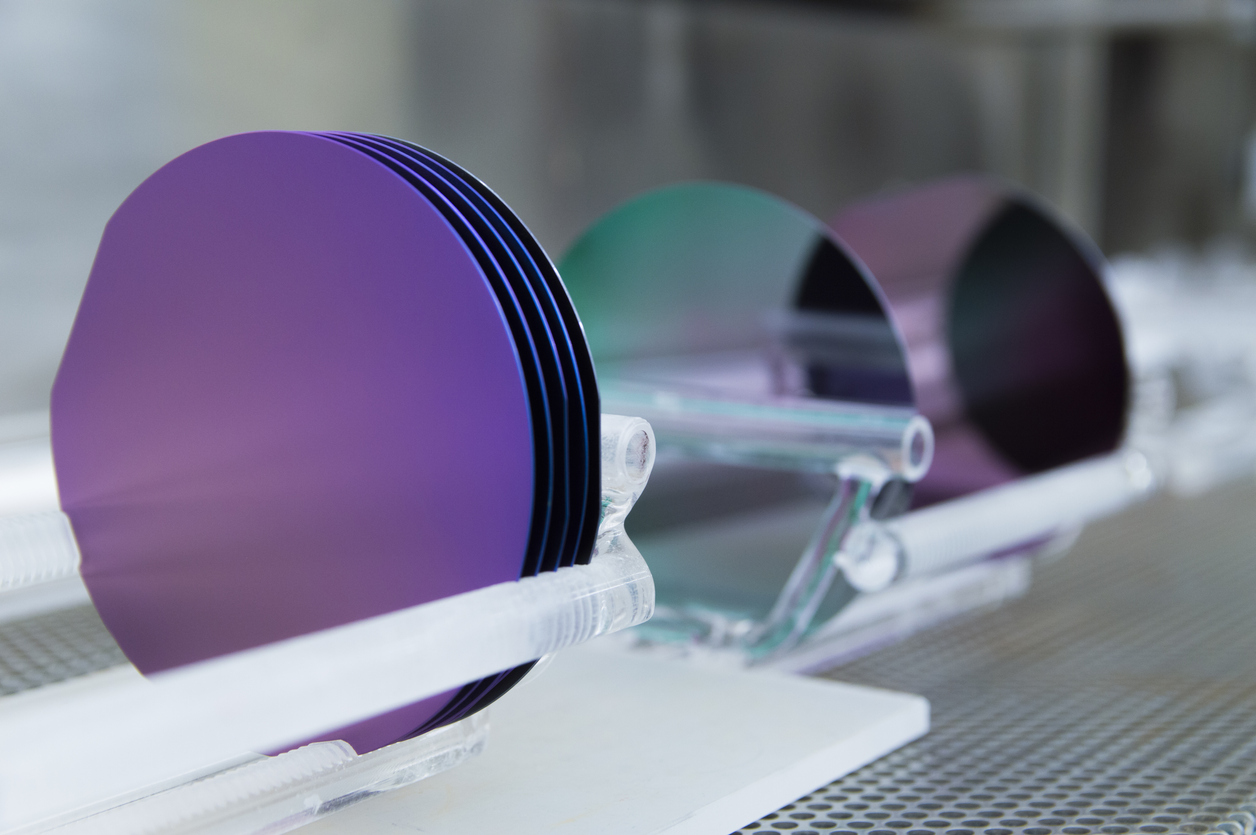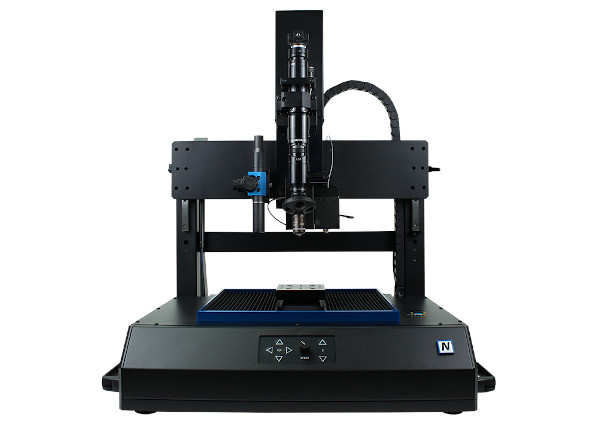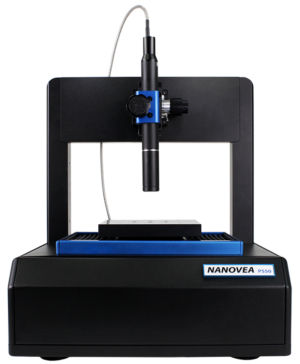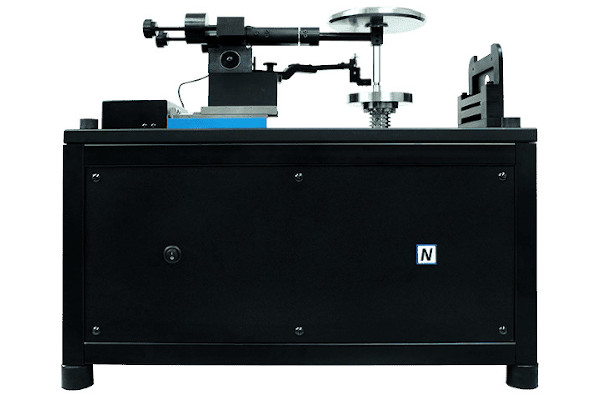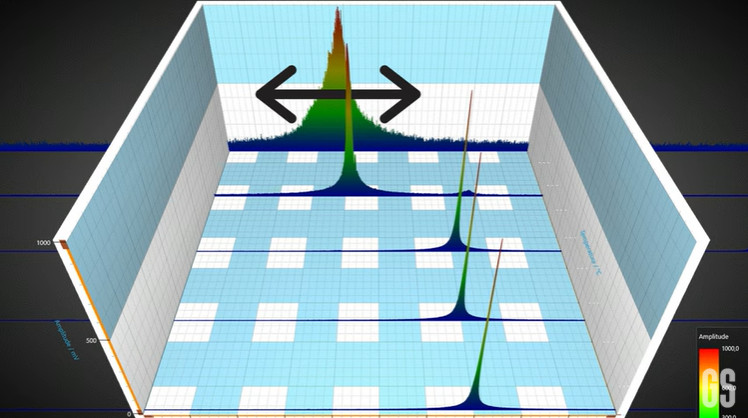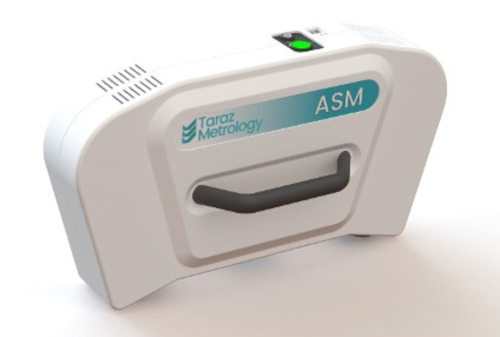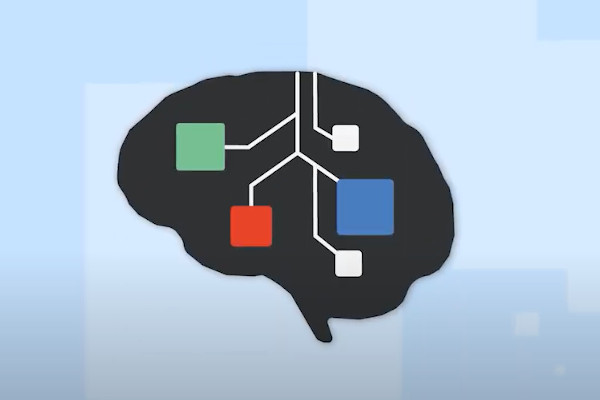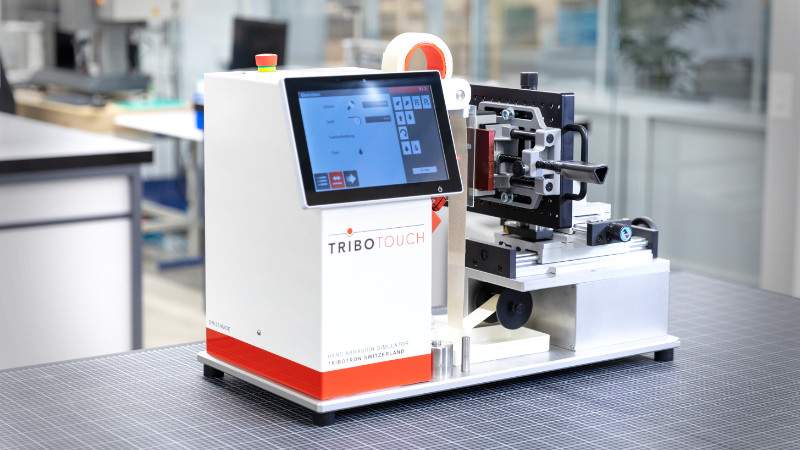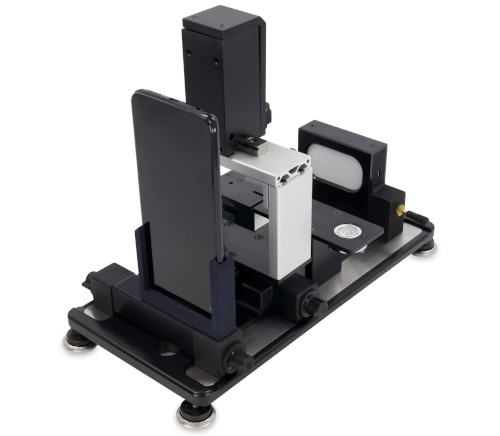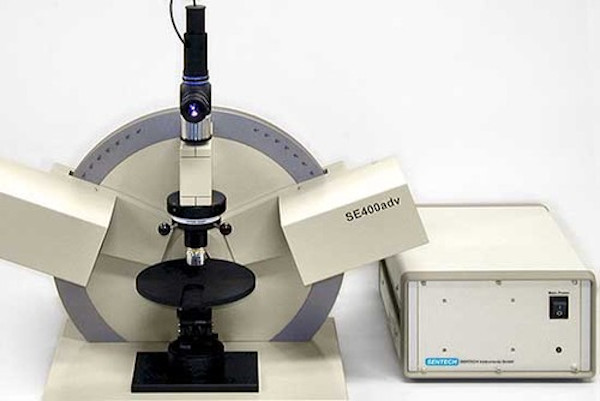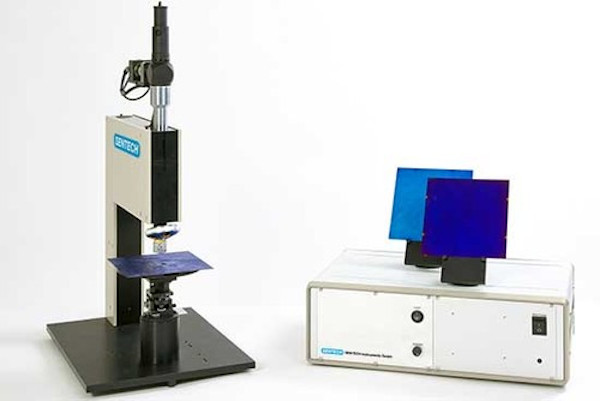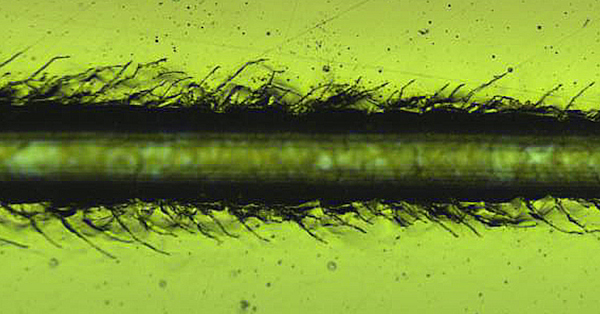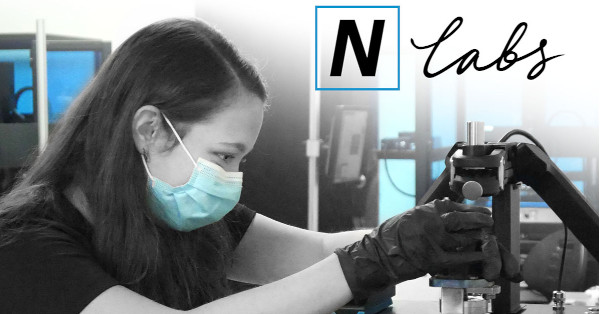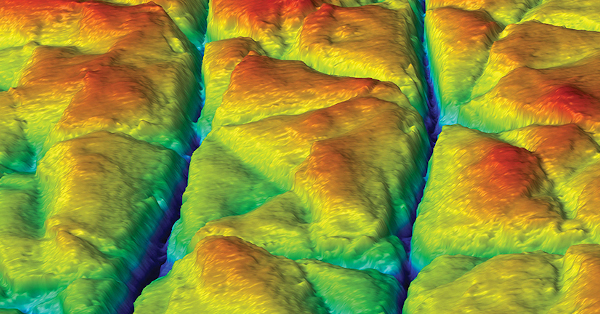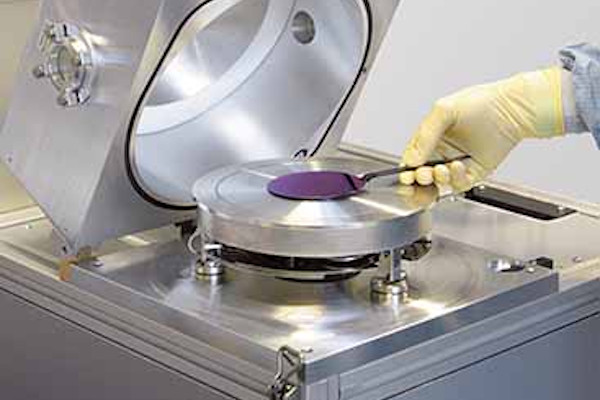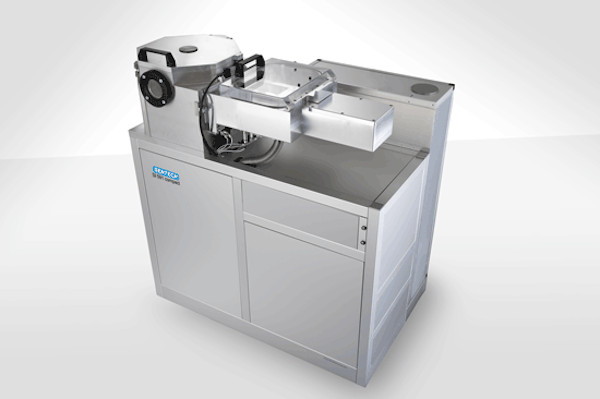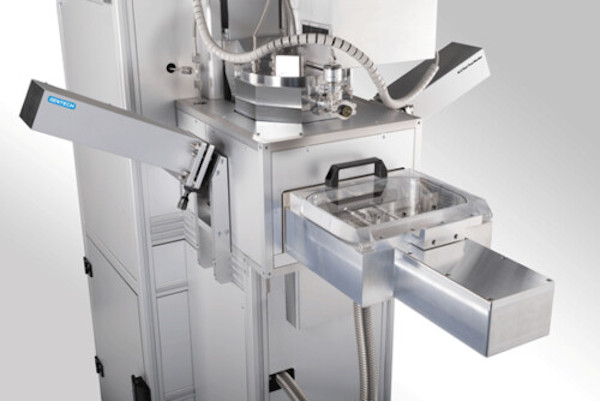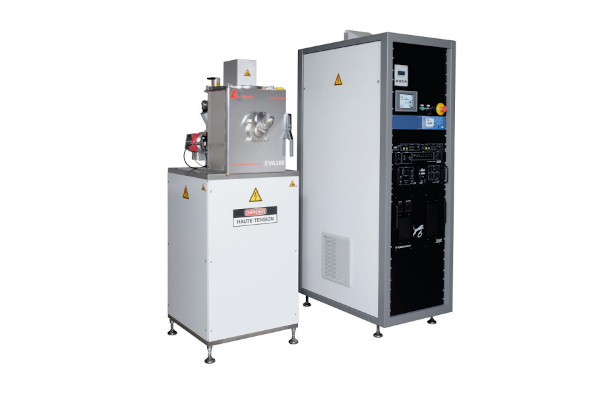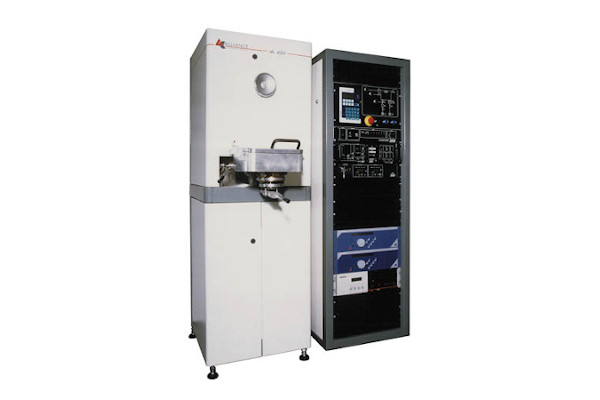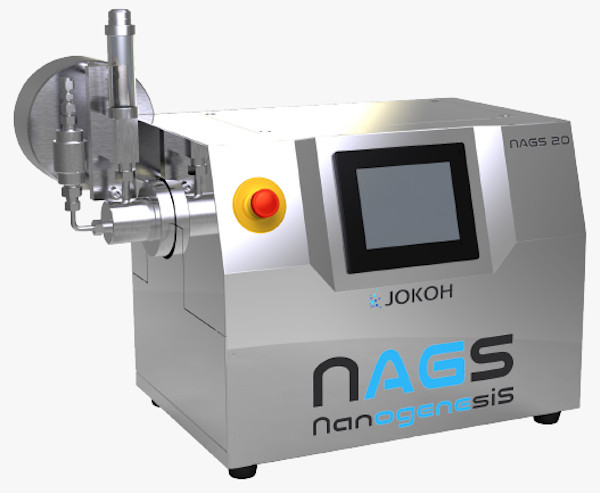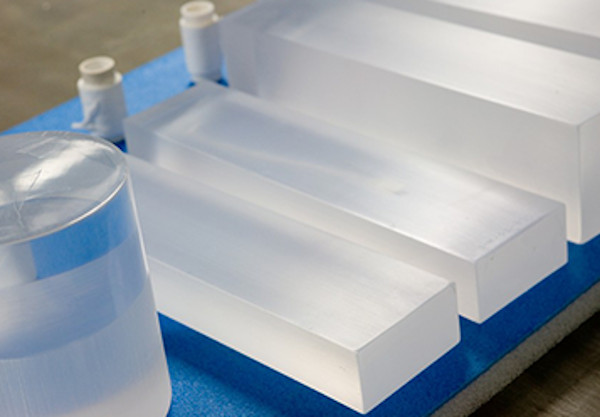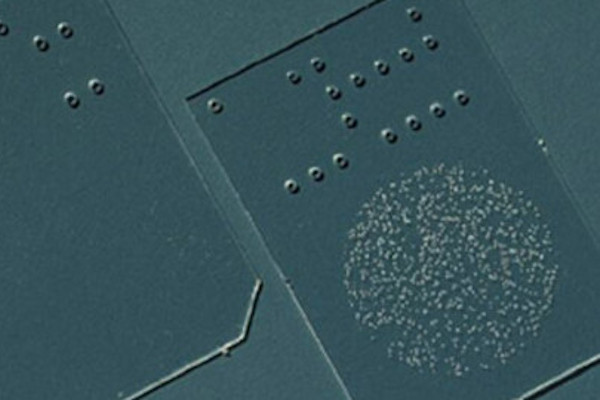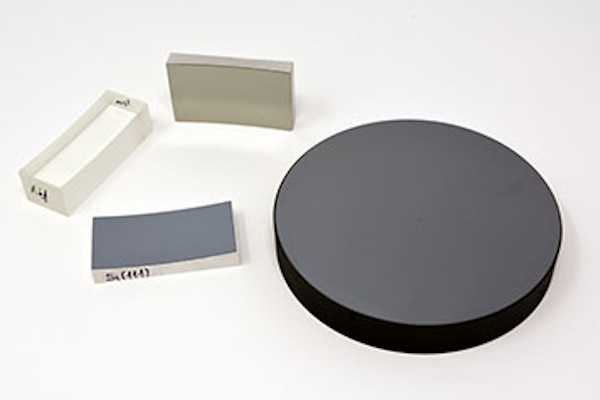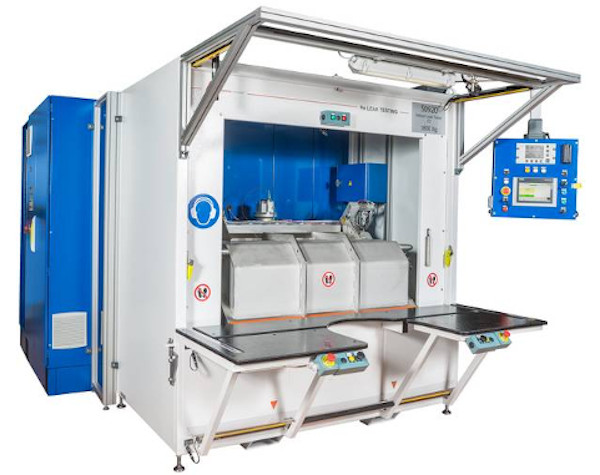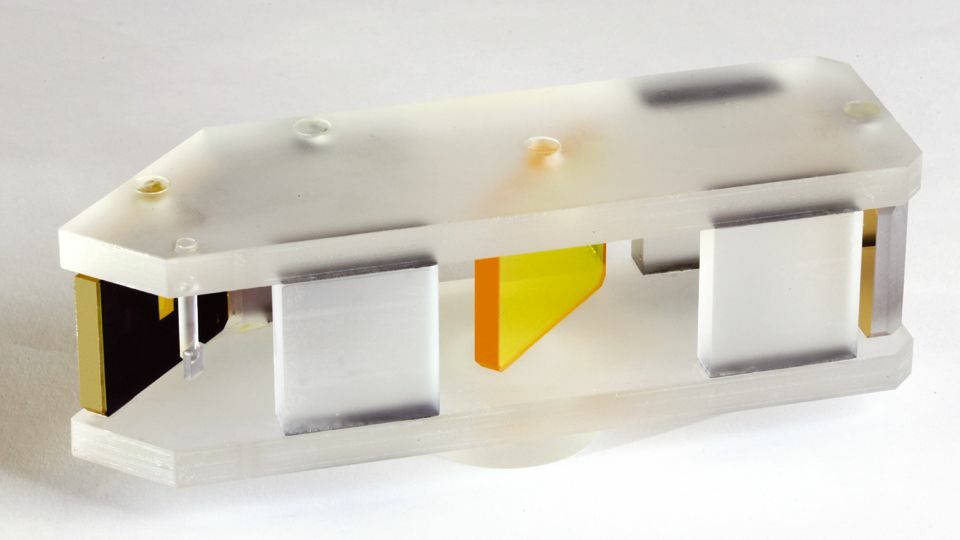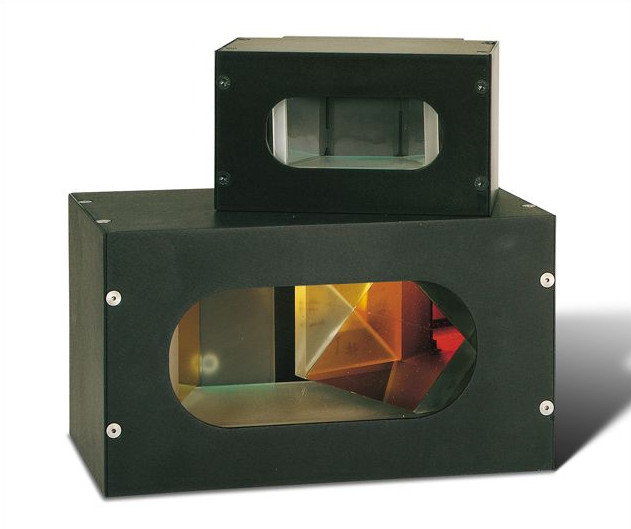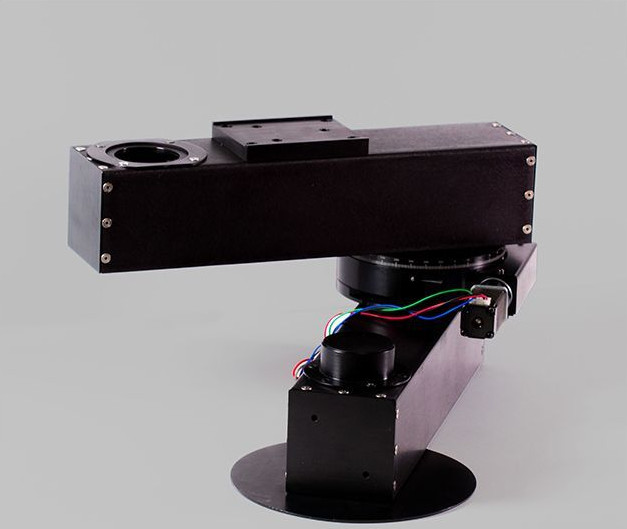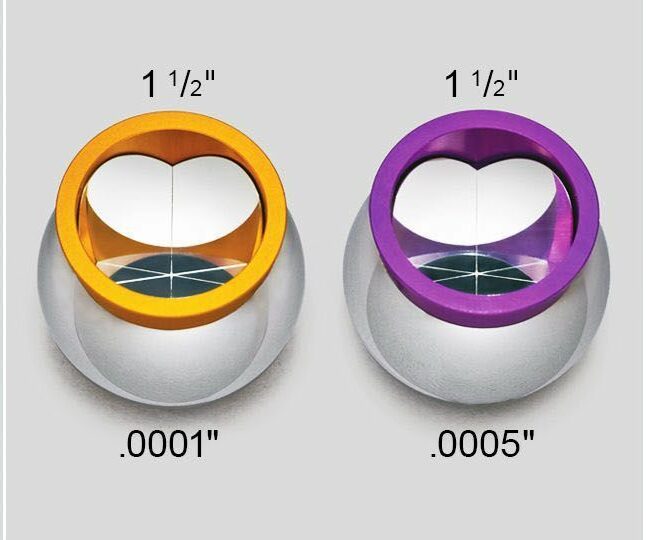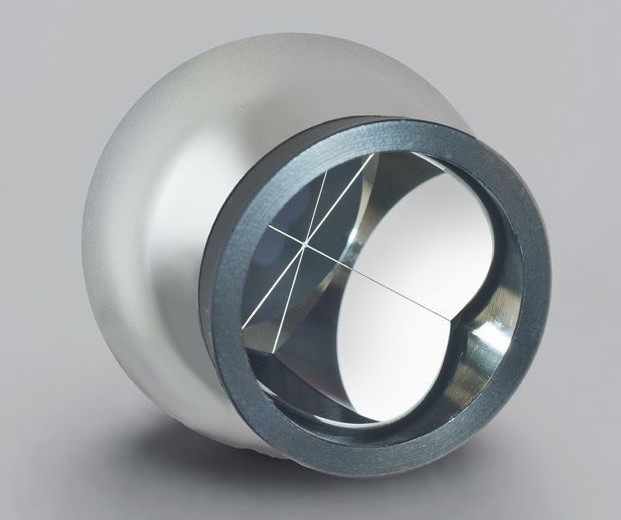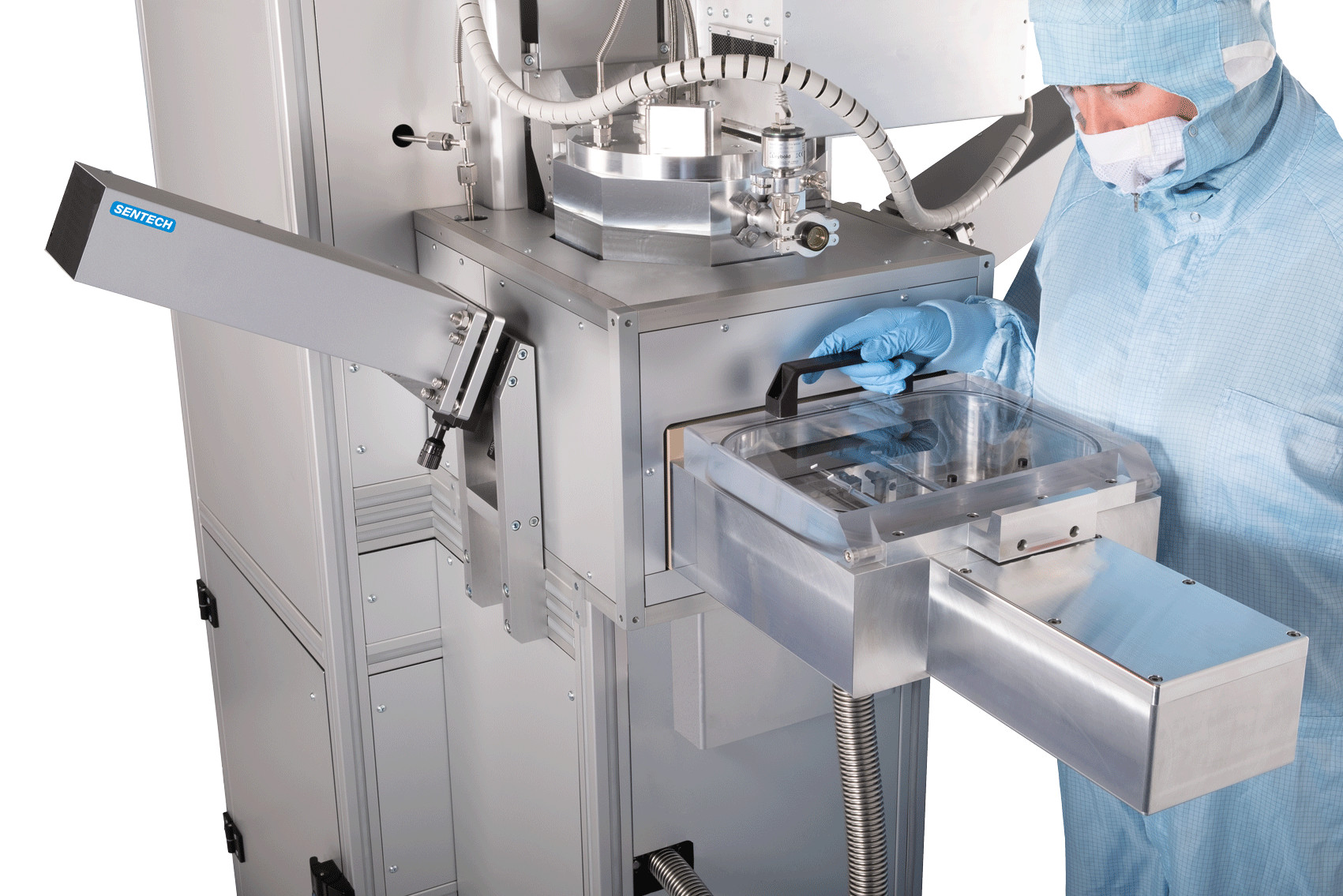When AlexNet changed the game.
When you think back to 2012, you might recollect London’s Olympic Games. Or the Queen’s Diamond Jubilee, Barack Obama’s re-election, Facebook going public or even the release of Taylor Swift’s (best) album ‘1989’. However, it was also a pivotal moment in the history of Vision AI.
AlexNet was a convolutional neural network developed by Alex Krizhevsky, Ilya Sutskever, and Geoffrey Huin. Its performance in the 2012 ImageNet Large Scale Visual Recognition Challenge (ILSVRC) would shape the future of deep learning and computer vision. The model achieved a top-5 error rate of 15.3%, significantly outperforming the runner-up’s 26.2% – demonstrating the potential of deep learning techniques in image recognition tasks and spurring widespread interest and research in the field. Today, this technology is revolutionising industries, from manufacturing to healthcare, solving complex challenges that once seemed insurmountable.
What is Vision AI?
Vision AI is the use of artificial intelligence and deep learning models to process and analyse visual data, including images and videos. It is widely used across industries such as manufacturing, healthcare, agriculture, security, and logistics, to automate tasks that require high precision and efficiency. With advancements in AI, companies can now leverage real-time image analysis, defect detection, and pattern recognition without requiring extensive AI expertise. Unlike traditional rule-based image processing, which struggles with variability, Vision AI continuously learns and adapts. This allows businesses to automate quality control, defect detection, facial recognition, and countless other applications — all with remarkable precision.
Why do we need it?
Image analysis is far from straightforward. Many industries face challenges that include:
- High complexity of image data – Analysing vast amounts of visual data is time-consuming and computationally demanding.
- Accuracy and consistency – Traditional inspections are prone to human error and inconsistencies.
- Scalability issues – Expanding manual quality control across multiple locations is costly and impractical.
- Real-time processing needs – Delays in decision-making can lead to inefficiencies and increased costs.
- Implementation barriers – Many businesses lack the AI expertise to develop their own Vision AI systems.
DENKweit Vision AI Software.
AI-powered solutions, such as DENKweit Vision AI Software, are making image analysis smarter, faster, and more accessible. Here’s how:
- Automated defect detection: AI can instantly identify defects in products, ensuring quality control at an unprecedented scale.
- Superhuman accuracy: Advanced deep learning models can distinguish subtle differences that humans might miss.
- Scalable across industries: Whether it’s a factory floor or a medical lab, Vision AI adapts to different environments.
- Real-time insights: AI processes images in milliseconds, enabling faster decision-making and reducing downtime.
- No AI expertise needed: Modern Vision AI solutions offer intuitive interfaces that require no coding or deep learning expertise.
From improving efficiency to saving lives, Vision AI is already transforming industries:
- Manufacturing & quality control: Detecting defects in production lines to minimize waste.
- Healthcare & medical imaging: Assisting in diagnosing diseases through AI-powered scans.
- Security & surveillance: Enhancing facial recognition and anomaly detection.
- Agriculture & food Industry: Monitoring crop health and automating food inspection.
What’s next?
The future of Vision AI is smarter, faster, and more integrated. Emerging trends include:
- Edge AI – Processing images directly on devices rather than in the cloud, reducing latency.
- Self-learning AI – Vision AI systems that require minimal human intervention for retraining.
- Cross-industry expansion – Adoption in new areas like retail and smart cities.
Vision AI isn’t just an innovation. It’s a revolution.
Businesses that embrace this technology will gain a competitive edge, reducing costs, increasing efficiency, and unlocking new possibilities. Denkweit Vision AI software offers an AI-based solution for image recognition, designed to streamline analysis processes in various industries. It enables efficient, accurate visual data processing, tackling challenges such as complexity, scalability, and the need for precise, real-time results. By automating image analysis, it empowers businesses to improve productivity, decision-making, and reduce human error. You can read more about Mi-Net’s partnership with Denkweit here.
